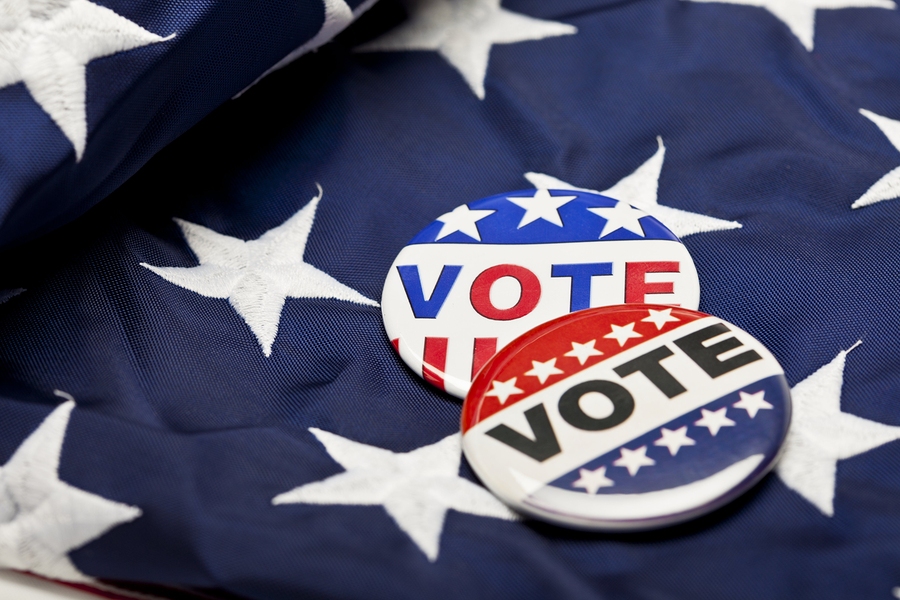July 10, 2017
Anyone who is convicted of (or pleads guilty to) a felony, loses a variety of civil rights. Just which rights are lost – and whether and how they can be restored – generally depends on whether the felony in question involved a federal crime or a state crime and, most importantly, on the state in which the felon resides.
One of the most common rights that a felon loses is the right to vote. And even though the U.S. Supreme Court has referred to the right to vote as a “fundamental right”, it has also ruled that because of the language that is contained in Section 2 of the Fourteenth Amendment, states do have the right to remove voting privileges from anyone who has participated in “rebellion or other crimes”.
At present, two states (Maine and Vermont) do not take away a felon’s right to vote even while (s)he is incarcerated. The remaining states and the District of Columbia break into the following categories:
- Voting Rights Are Automatically Restored After Incarceration: District of Columbia, Hawaii, Illinois, Indiana, Maryland, Massachusetts, Michigan, Montana, New Hampshire, North Dakota, Ohio, Oregon, Pennsylvania, Rhode Island, and Utah
- Voting Rights Are Automatically Restored After Incarceration and Parole: California, Colorado, Connecticut and New York (Note: Since the federal criminal justice system does not include “parole”, these rules only apply to those individuals who are convicted of felonies in state courts)
- Voting Rights Are Automatically Restored After Incarceration, Parole, and Probation: Alaska, Arkansas, Georgia, Idaho, Kansas, Louisiana, Minnesota, Missouri, Nebraska, New Jersey, New Mexico, North Carolina, Oklahoma, South Carolina, South Dakota, Texas, Virginia, Washington, West Virginia and Wisconsin
- Voting Rights Only Restored Via Special Action: Alabama, Arizona, Delaware, Florida, Iowa, Kentucky, Mississippi, Nevada and Tennessee
Florida Rule
In Florida, people with felony criminal records must apply to have their ability to vote reinstated by “executive clemency” after a five (5) year waiting period from the time that they have completed their period of incarceration and all of their parole and/or probation obligations (People who have been convicted of murder, assault, child abuse, drug trafficking, arson and certain other crimes must wait for seven (7) years before they can apply to have their ability to vote reinstated – and must also appear at a Clemency Board hearing to determine whether their application is approved). At present, almost 10% of Florida’s adult population is barred from voting because of a felony criminal record.
Call Khonsari Law Group Today to Discuss Your Options with a St. Petersburg Criminal Defense Lawyer
If you are a Florida resident with a felony criminal record, you should consult with a criminal defense attorney in order to determine what needs to be done in order for you to regain the right to vote. To schedule a free consultation with one of our St. Petersburg criminal defense attorneys, please call our office today at 727-369-5300 or send us an email through our online contact form.


